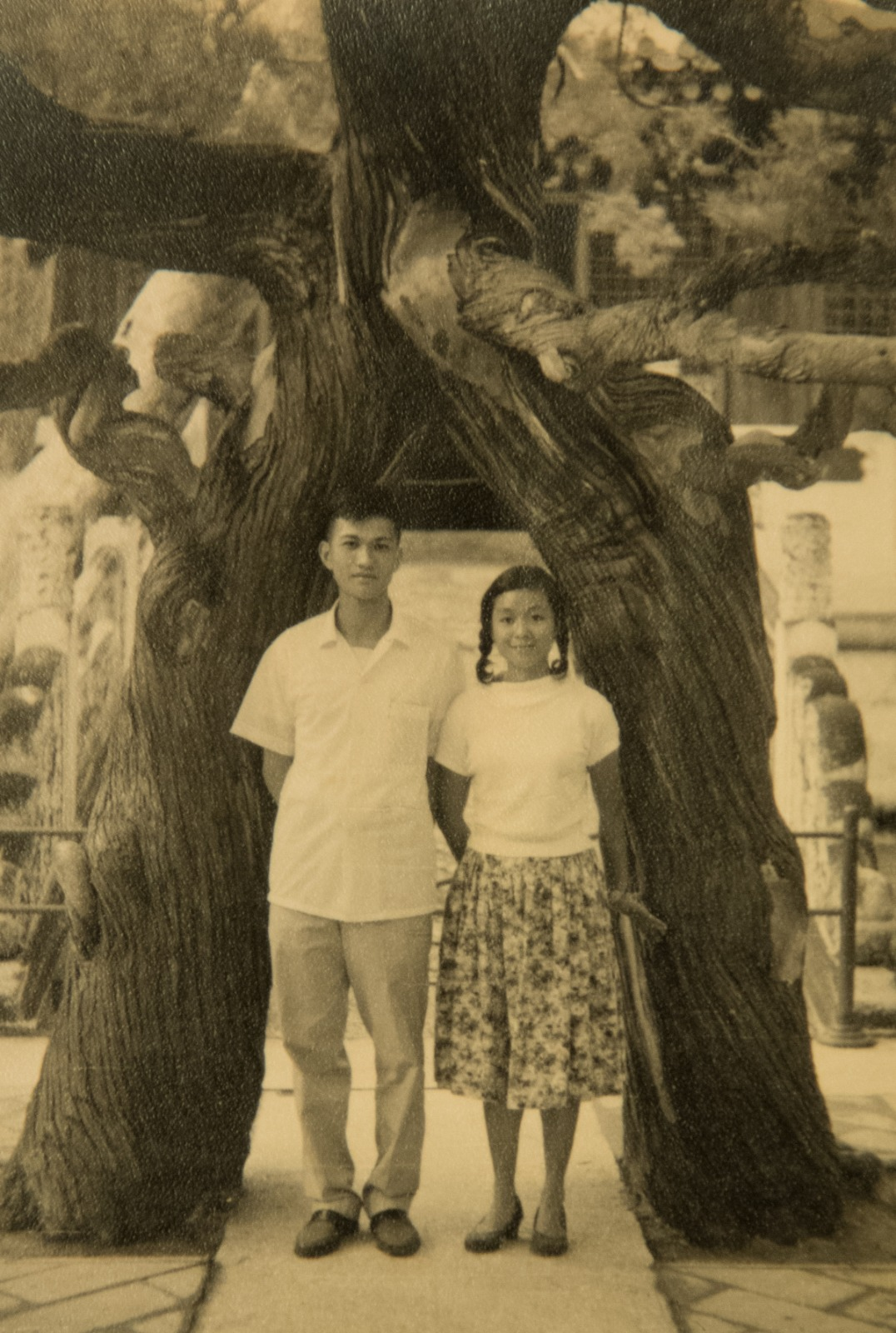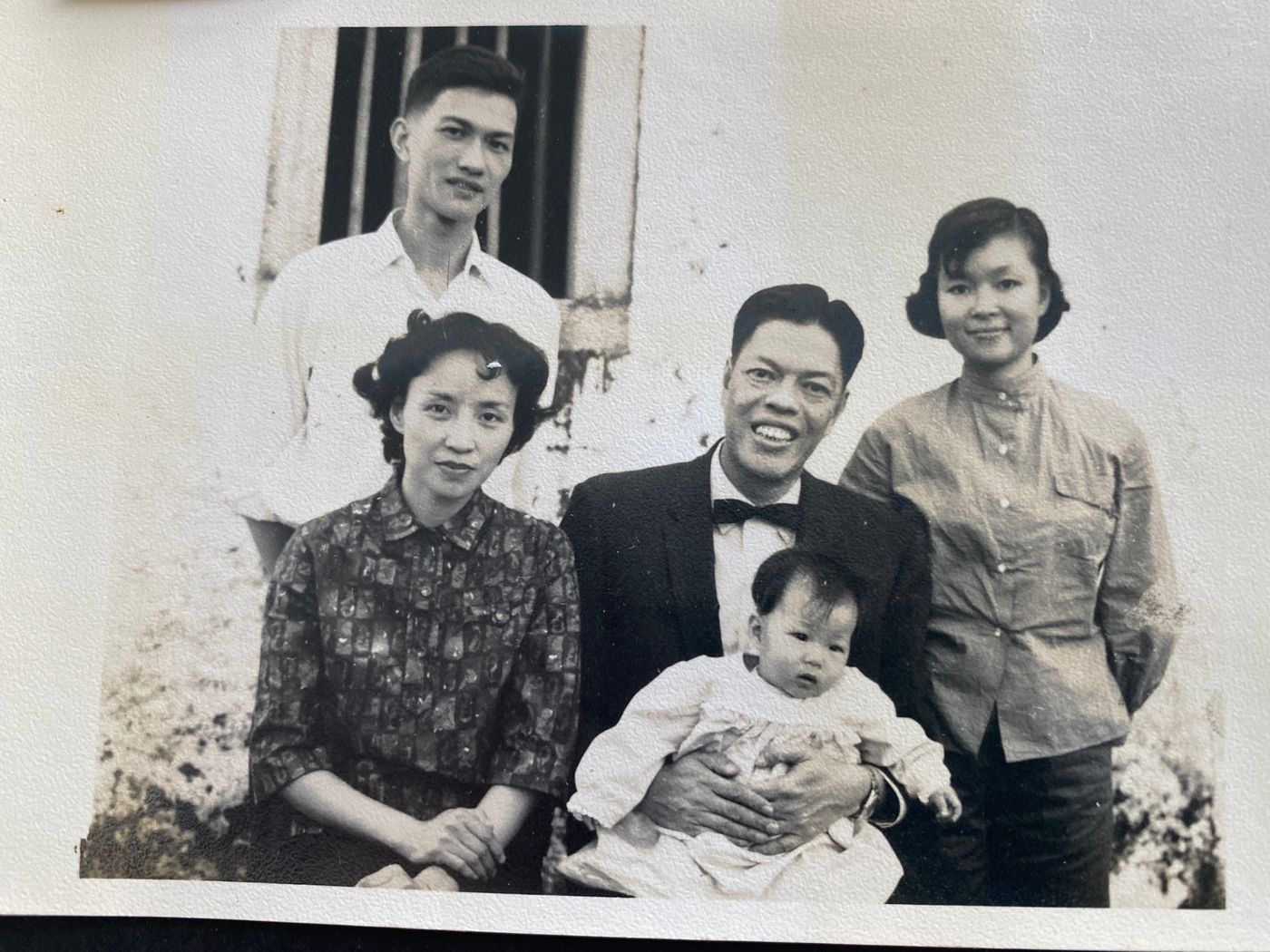
李怡,1936年生,香港知名時事評論家、作家。1970年曾創辦雜誌《七十年代》,1984年更名《九十年代》,直至1998年停刊。後在《蘋果日報》撰寫專欄,筆耕不輟半世紀。著有文集《放逐》、《思緒》、《對應》等十數本。 正在Matters連載首部自傳《失敗者回憶錄》:「我一生所主張所推動的事情,社會總是向相反趨向發展,無論是閱讀,獨立思考或民主自由都如是。這就是我所指的失敗的人生。」
Memoirs of a Loser 03: Murderous
Sitting in the departure hall of Shenzhen, the scene of the previous day is vividly remembered.
I usually go to the Public Security Bureau to report my hukou first, and then walk home. At that time, there were few villains in Shenzhen, and there was only one street and some alleys in the town. The alley where I live is called Duck Street. After the Public Security Bureau was asked to go back to my place of origin and register my hukou, I walked home uneasy. On the way, I saw several ten-year-old children, holding a bamboo pole with clothes and hats hanging on it, humming a march, and when they saw me, they shouted, "Hong Kong people, pour the shit towers down, one tower after another. "
When I saw my youngest daughter and a few classmates in the distance, I called "Xiao Pei" and she looked back at me, but she didn't greet me, instead she ran home like an arrow. She didn't want to show a "Hong Kong guest" dad in front of her classmates.
In 1970, the middle of the Cultural Revolution, the fierce Red Guard movement had passed, and the leftist riots in Hong Kong had calmed down. After the 9th National Congress of the Communist Party of China in 1969, the political situation softened on the surface. But in fact, the power struggle between Mao Zedong and Lin Biao started immediately after the Ninth National Congress confirmed Lin Biao as his successor. The Cultural Revolution faction and Zhou Enlai's bureaucracy struggled, and both factions scrambled to introduce "extreme left" policies to win the support of Mao and the revolutionary factions everywhere. In early 1970, the Central Committee of the Communist Party of China issued the "Instructions on Combating Counter-Revolutionary Sabotage Activities" drafted by Zhou Enlai . Fighting counter-revolutionaries is "one dozen", and "three evils" are against "corruption and theft", " speculation ", and "excessive waste". The point is "one hit". The document proposes to kill a group of people "to kill enough people in a short period of time to have a deterrent effect". Some old "rightists", landowners and rich peasants who have become pariahs, will be shot again. Hong Kong people returning home to visit relatives face a murderous social environment.
His wife, Liang Liyi, was born in a red family. His father was an underground party member of the CCP who participated in the 1929 provincial-Hong Kong strike in Hong Kong, and his brother was an underground party member and cadre of the Hong Kong Seamen's Union. When Liyi graduated from middle school and went to university in Guangzhou, she had been under special care of the CCP organization, and she soon joined the Communist Youth League. In previous political campaigns, she was not affected, and was considered by the party organization to be a good student and teacher who followed the party.


In 1966, when the Cultural Revolution broke out, Li Yi was a "Xiaoyao faction" who did not participate in the rebellion. She was attacked by big-character posters, but she was not dragged. The CCP organization has a secret file for every cadre. In her file, there is probably a background supporter of a Hong Kong red family. This pair of ignorant rebels has a sense of mystery that they dare not touch easily. However, when the ultra-leftist ideology of the Cultural Revolution developed to the point where outside China, including Hong Kong, were all enemies, her background could not hold her back.
On Saturday, March 21, 1970, when I walked into my house, Li Yi was waiting for me. The first sentence was: "I can't stay at home tonight." "Why?" "Because of you." "What happened to me?" "There are documents that say that 70% of the people who came back from Hong Kong are secret agents. One was just shot today." I remembered that the bamboo poles and coats of those children were probably the ones who were shot. of. She went on to say, "You should leave early tomorrow morning." "How long are you going to review?" "How do I know?" "When will I be back? When will we meet?" She was speechless. Our eldest daughter, nine, was always by our side, watching us speak. Li Yi said, "She wants to follow me to the school to live."
There was a lot of people outside the door, and a female voice shouted: "Mr. Liang, Director Li told you to go back to school now." Li Yi: "I see, wait for me to clean up." "Hurry up!" They came to escort her away.
Before I could say goodbye, I took the clothes and blankets, and walked out the door with my eldest daughter. The little girl came over from the nanny and sat on my lap.
I was shrouded in terror, laying on the bed and thinking of the unknown future, hazy for a while, the little daughter came to the bed and woke me up. She held me for a long time, as if faintly felt that she would not see my father for a long time.
In the Shenzhen departure hall, the security guard I knew came to me and said, "You can go, but next time you come back, you must follow the regulations of the Public Security Bureau."
I was relieved and almost half ran back to the port.
(Article published on April 26, 2021)
"Memoirs of a Loser" serial catalog (continuously updated)
("Memoirs of a Loser" was previously published in "Apple Daily" and is now serialized in Matters)
Like my work?
Don't forget to support or like, so I know you are with me..
Comment…